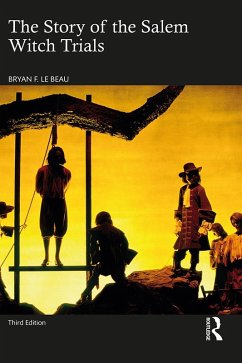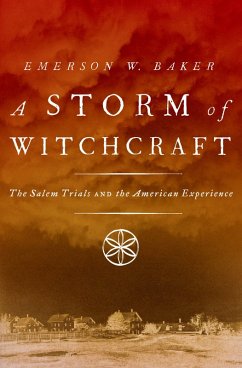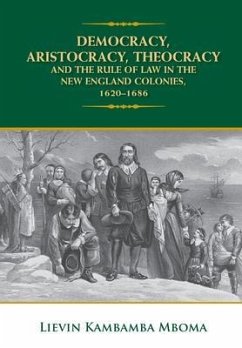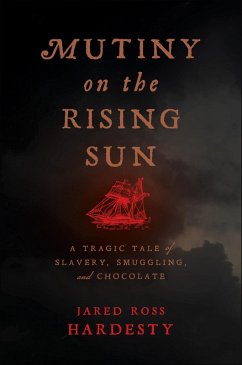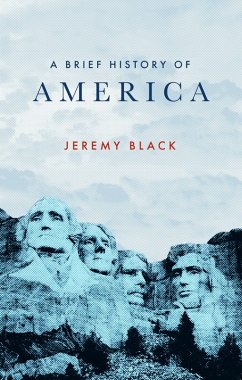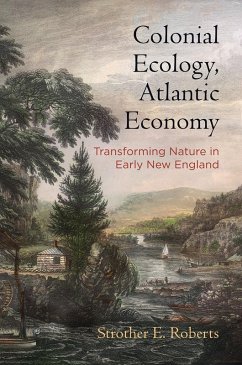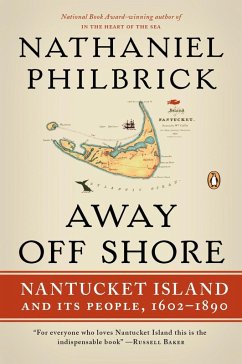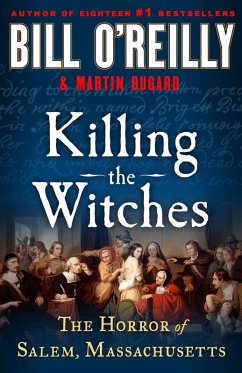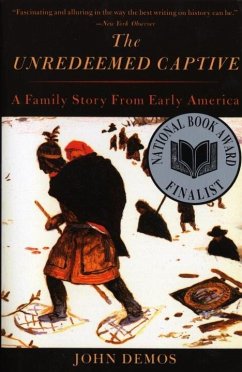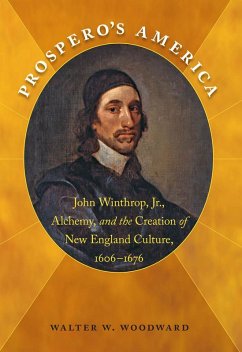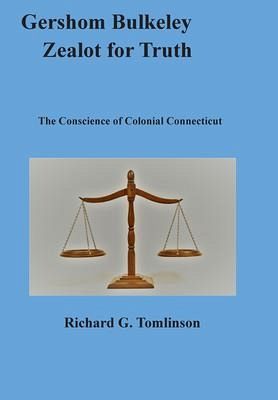
Gershom Bulkeley, Zealot for Truth (eBook, ePUB)
The Conscience of Colonial Connecticut
Versandkostenfrei!
Sofort per Download lieferbar
3,99 €
inkl. MwSt.
Weitere Ausgaben:

PAYBACK Punkte
2 °P sammeln!
Gershom Bulkeley (1635-1713), scientist, surgeon, minister, doctor, miller, lawyer and alchemist, was an important figure in all the events in Connecticut during his lifetime. He was born into the Puritan elite, graduated from Harvard and attained an advanced degree. He married Sarah Chauncey, daughter of the President of Harvard, and he might have spent his life as a quiet academic. But he left the university to be minister to the church in New London, Connecticut and then Wethersfield, Connecticut. He served with distinction as surgeon and advisor to the Army in the King Phillip War. He cond...
Gershom Bulkeley (1635-1713), scientist, surgeon, minister, doctor, miller, lawyer and alchemist, was an important figure in all the events in Connecticut during his lifetime. He was born into the Puritan elite, graduated from Harvard and attained an advanced degree. He married Sarah Chauncey, daughter of the President of Harvard, and he might have spent his life as a quiet academic. But he left the university to be minister to the church in New London, Connecticut and then Wethersfield, Connecticut. He served with distinction as surgeon and advisor to the Army in the King Phillip War. He conducted research in his laboratory to create new medicines and wrote the most comprehensive summary of the state of medicine in seventeenth century Colonial Connecticut. He was an honored medical doctor and respected counselor. His opinion was often sought in legal and church disputes. He chose to involve himself in some of the most controversial cases of murder, witchcraft, incest and politics. He often defended the weak, the vulnerable and the unpopular. He could be arrogant and cranky and was no friend of democracy. But he believed in the rule of law and of the right to an impartial hearing. He helped to create a legal precedent that virtually ended the witchcraft trials. He fell from grace in popular opinion for his stubborn opposition to the legality of Connecticut's government. The Charters of the New England Colonies had been revoked during the reign of King James. After James was deposed, Bulkeley argued that the Colonies could not re-establish Charter government without new royal permission. He is best known for his treatise, Will & Doom, or the Miseries of Connecticut by under an Usurped and Arbitrary Power. Some historians continued to denounce him well into the 19th century and his contributions have never been fully acknowledged.Gershom Bulkeley (1635-1713), scientist, surgeon, minister, doctor, miller, lawyer and alchemist, was an important figure in all the events in Connecticut during his lifetime. He was born into the Puritan elite, graduated from Harvard and attained an advanced degree. He married Sarah Chauncey, daughter of the President of Harvard, and he might have spent his life as a quiet academic. But he left the university to be minister to the church in New London, Connecticut and then Wethersfield, Connecticut. He served with distinction as surgeon and advisor to the Army in the King Phillip War. He conducted research in his laboratory to create new medicines and wrote the most comprehensive summary of the state of medicine in seventeenth century Colonial Connecticut. He was an honored medical doctor and respected counselor. His opinion was often sought in legal and church disputes. He chose to involve himself in some of the most controversial cases of murder, witchcraft, incest and politics. He often defended the weak, the vulnerable and the unpopular. He could be arrogant and cranky and was no friend of democracy. But he believed in the rule of law and of the right to an impartial hearing. He helped to create a legal precedent that virtually ended the witchcraft trials. He fell from grace in popular opinion for his stubborn opposition to the legality of Connecticut's government. The Charters of the New England Colonies had been revoked during the reign of King James. After James was deposed, Bulkeley argued that the Colonies could not re-establish Charter government without new royal permission. He is best known for his treatise, Will & Doom, or the Miseries of Connecticut by under an Usurped and Arbitrary Power. Some historians continued to denounce him well into the 19th century and his contributions have never been fully acknowledged.
Dieser Download kann aus rechtlichen Gründen nur mit Rechnungsadresse in A, D ausgeliefert werden.




